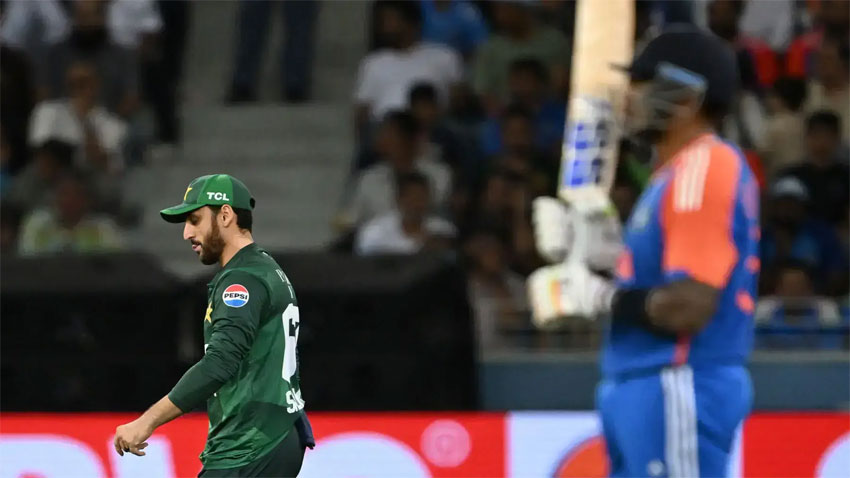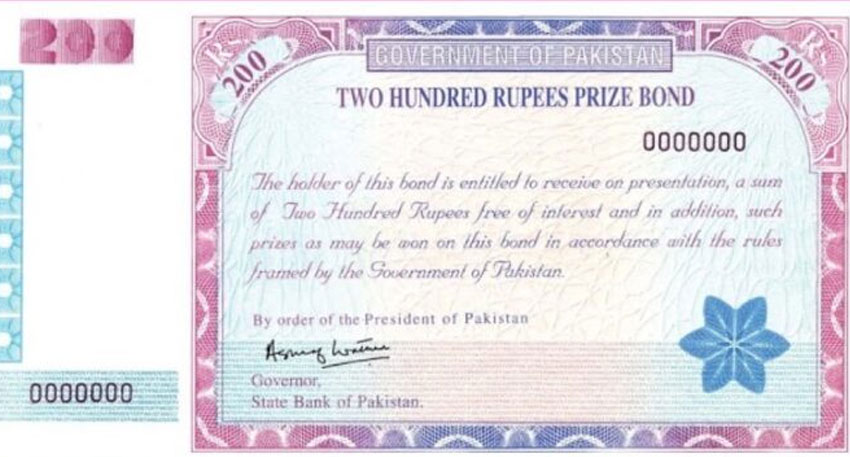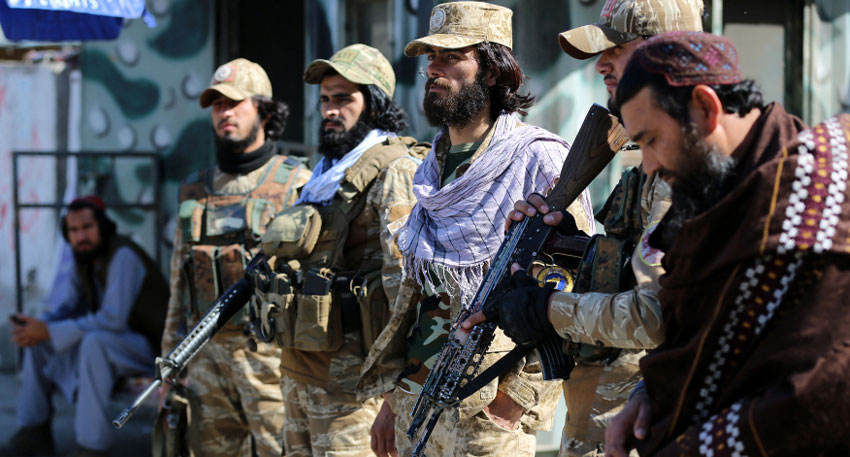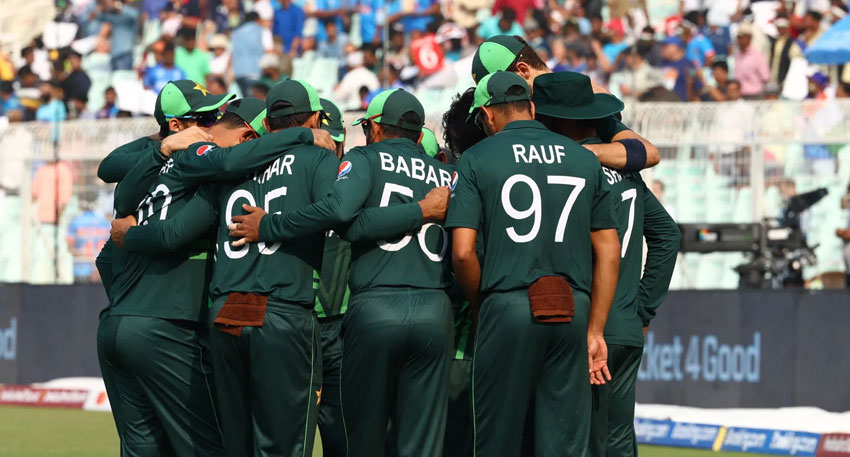
The Pakistan Cricket Board (PCB) had filed a complaint accusing Pycroft of breaching the “Spirit of Cricket” by allegedly asking both captains not to shake hands at the toss.
An ICC source told Press Trust of India that the request for Pycroft’s removal had been rejected. However, Cricbuzz reported that PCB denied receiving any such official reply.
The Times of India claimed that Asian Cricket Council officials on the ground had actually advised Pycroft about the no-handshake policy, though it remains unclear whether such a directive formally existed.
A PCB insider told TOI that it was highly unlikely for Pakistan to withdraw from the Asia Cup, despite the controversy.
At the centre of the row lies India’s refusal to shake hands with Pakistan at both the toss and the end of the match, breaking a long-standing cricketing tradition. PCB Chairman Mohsin Naqvi accused Pycroft of violating the “ICC Code of Conduct and MCC Laws on the Spirit of Cricket”.
Meanwhile, Pycroft is set to officiate the Pakistan-UAE match, according to an earlier ACC press release.
Read more: Pakistan vs India clash: Who really dominate cricket’s greatest rivalry?
The Dubai encounter saw India defeat Pakistan by seven wickets, with Kuldeep Yadav leading the charge. After sealing the win, Indian captain Suryakumar Yadav and his players refused handshakes, later saying it was in line with BCCI and government directives.
Pakistan captain Salman Ali Agha skipped the post-match ceremony, while coach Mike Hesson openly called the Indian team’s behaviour “disappointing”.
This controversy shows how sports and politics keep clashing in Pakistan-India ties. The ICC decision has frustrated PCB, but a pullout from the Asia Cup looks unlikely. The handshake snub has only added more bitterness to the rivalry. India’s politicised celebration has deepened tensions, while Pakistan’s silence in official statements shows caution. For fans, the focus has sadly shifted from cricket to conflict.




